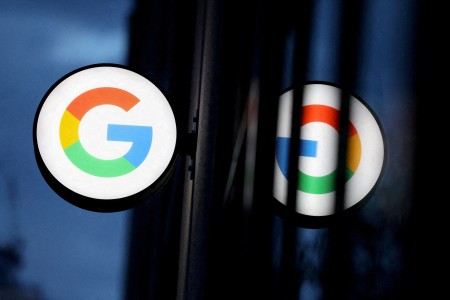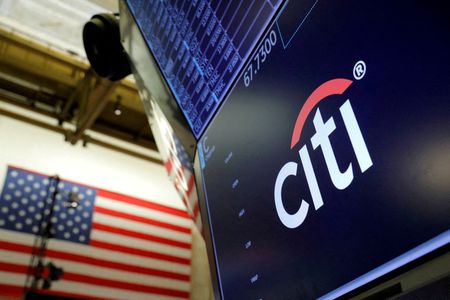(Reuters) – Market values of major tech firms declined in August amid concerns over escalating artificial intelligence infrastructure costs and rising recession risks that would make the stocks particularly vulnerable during a market correction.
Last month, Alphabet Inc’s lost 4.7% of its market value as a slowdown in YouTube’s advertising sales fuelled concerns about its earnings. A U.S. judge’s ruling that Google had violated antitrust laws and the emergence of new competition from OpenAI, which is developing an AI-based search engine prototype, also contributed to its shares’ decline.
Amazon.com Inc’s market value fell 4.5%, affected by slowing online sales.
Tesla’s market capitalisation fell 7.7% last month after weaker Q2 earnings and following the news that Canada planned a new 100% tariff on Chinese-made electric vehicles.
The world’s most valuable automaker started shipping Shanghai-made EV’s to Canada last year and Ottawa’s plans raised concerns about the potential profit impact of exporting from its higher-cost U.S. production base.
Meanwhile, Nvidia’s market value fell in the last week of August by 7.7% to $2.92 trillion, after it projected third-quarter gross margins below market estimates and reported revenues that only met expectations, disappointing investors who were expecting a stronger performance.
Nvidia, which commands more than 80% of the AI chip market, stands in a unique position as both the largest enabler as well as beneficiary of surging AI development.
On a positive note, U.S. drugmaker Eli Lilly’s market value surged nearly 20%, leading market gainers, driven by robust sales and the launch of a weight-loss drug that significantly reduces the risk of developing type 2 diabetes in overweight adults.
Berkshire Hathaway’s market value closed above $1 trillion for the first time at the end of August, reflecting investor confidence in the conglomerate that Warren Buffett built over nearly six decades into what many consider a proxy for the U.S. economy.
Meta’s market value also climbed nearly 10% after it beat market expectations for its second-quarter revenues and forecast strong revenue growth in the July-September quarter, indicating that strong digital ad spending on its platforms could offset the costs of its AI investments.
(Reporting By Patturaja Murugaboopathy and Gaurav Dogra in Bengaluru; Editing by Tomasz Janowski)






